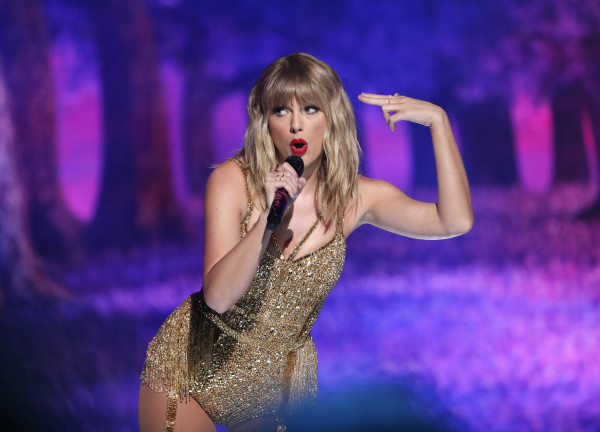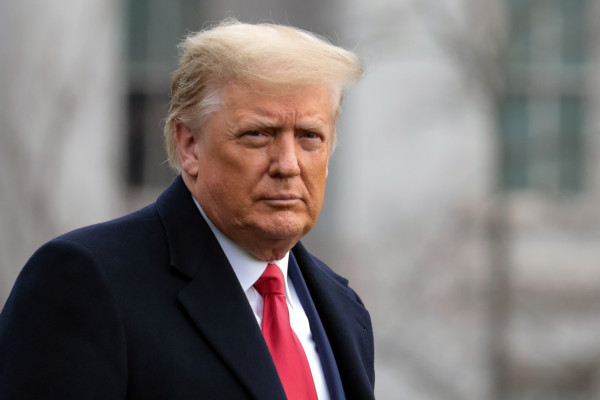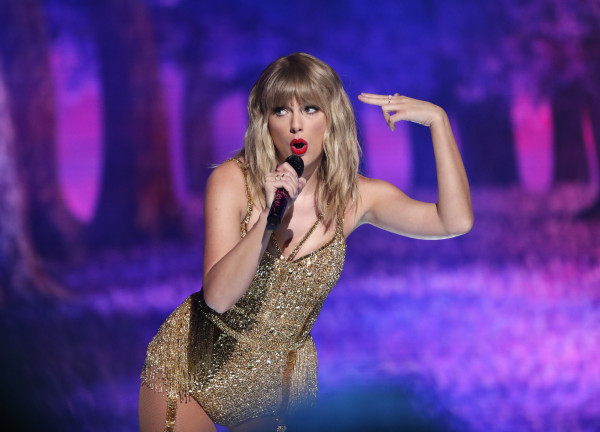Donald Trump's Claim of Boosting Taylor Swift's Earnings through MMA Scrutinized
Donald Trump recently attributed Taylor Swift's considerable financial success to his signing of the Music Modernization Act (MMA) during his presidency, a claim that has sparked debate among music industry experts and organizations.
As Swift celebrated her boyfriend Travis Kelce and the Kansas City Chiefs' Super Bowl victory, Trump took to Truth Social, asserting his pivotal role in the pop star's earnings by stating, "I signed and was responsible for the Music Modernization Act for Taylor Swift and all other Musical Artists."
While it's accurate that Trump signed the MMA into law in 2018, the extent of its impact on Swift's earnings is contested. The signing ceremony, attended by notable musicians like Kid Rock and Mike Love from the Beach Boys, was indeed a high-profile event. However, the Future of Music Coalition, a nonprofit organization, clarified that Swift "wasn't really a huge beneficiary" of the MMA. The act primarily addressed royalty collection issues for songwriters and compensation for artists with pre-1972 recordings played on satellite radio.
The Future of Music Coalition further minimized Trump's role in the act's passage, noting that his signature was more a formality than a decisive action, given the legislation's broad support. Dina LaPolt, one of the MMA's legal architects, echoed this sentiment, suggesting Trump's understanding of the act's provisions might be limited.
The MMA represented a significant overhaul of music copyright laws, aiming to modernize them for the digital age. It introduced a more structured mechanism for songwriters to receive payments from streaming services like Spotify and Apple Music, heralded by industry leaders like Mitch Glazier of the Recording Industry Association of America as a step towards "fair competition and fair pay."

Taylor Swift
Swift's relationship with streaming platforms has been complex. In 2014, she famously withdrew her catalog from Spotify, criticizing the streaming model's royalty payments in a Wall Street Journal op-ed. Her stance softened in 2017 when her music returned to streaming services, contributing to her continued financial success.
Despite Trump's claims, Swift's billionaire status is attributed to various factors, including her music catalog, album sales, royalties, and her record-breaking "Eras Tour." Reports from Variety and Billboard highlight Swift's substantial streaming earnings, with projections of over $100 million from Spotify in 2023 alone and total streaming revenues potentially reaching $200 million for the year.
As the discussion unfolds, it's clear that while the MMA may have played a role in the broader landscape of music royalties, Taylor Swift's financial achievements are the result of her strategic decisions, immense talent, and the evolving music industry dynamics, rather than the direct influence of any single piece of legislation.
















